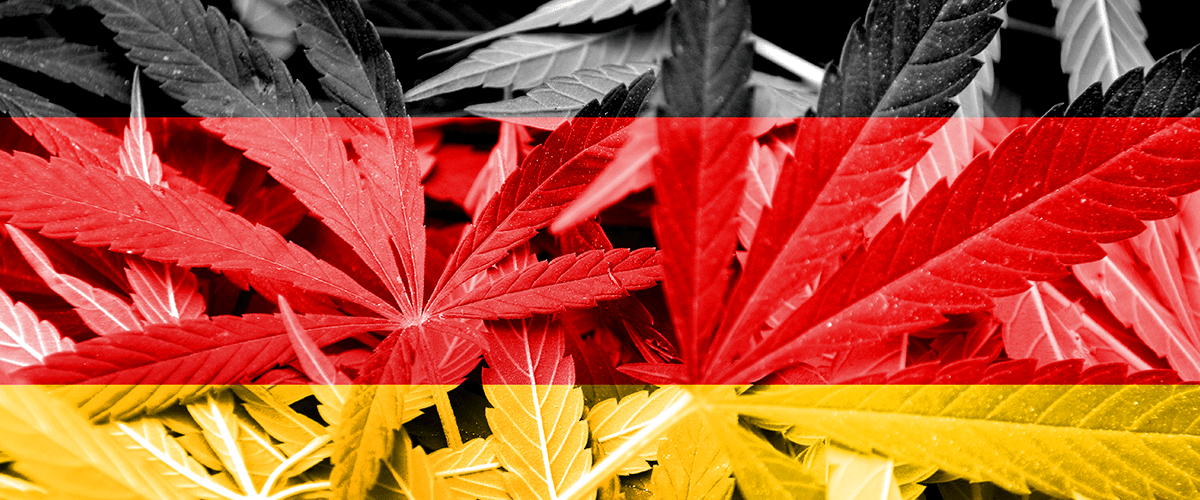[vc_row][vc_column][vc_column_text]
German authorities have said they expect to have the country’s medical cannabis cultivation program operational in 2019.
Now that Germany has finalized its medical marijuana program, the next step is to establish its own state-regulated growing operations. According to The Cannabist, German authorities say they expect to have their cannabis cultivation program up and running in 2019. Until that time, medical marijuana prescriptions will be fulfilled with imported cannabis products from the Netherlands and Canada.
Members of Germany’s parliament voted unanimously to legalize medical marijuana in January. Before then, a 2005 ruling by the Federal Administrative Court allowed individual patients to apply for special access to medical cannabis on a case-by-case basis. About 1,000 people had done so. The new law opens up access to all patients diagnosed with conditions or symptoms like epilepsy, multiple sclerosis, chronic pain, or nausea, and that have obtained a prescription from a licensed physician.
The Federal Institute for Drugs and Medical Devices (BfArM) in Germany is establishing a “cannabis agency” to manage the bids from private cannabis-cultivating companies throughout the European Union. The agency will also oversee the cultivation, storage and distribution of cannabis throughout Germany.
“Pharmaceutical-grade” cannabis extract or dried flower buds will be made available to purchase from a local pharmacy likely as early as next month. Previously those with special permission were required to pay for cannabis out of pocket, and high costs prevented some qualified patients from participating. In October, the Federal Administrative Court ruled that a single patient with multiple sclerosis could legally cultivate cannabis for personal use after he argued that the medicinal cannabis products were too high. The new law includes a provision that medical cannabis be covered by insurance, but it does not allow qualified patients to grow their own cannabis at home.
“Critically ill people must be cared for in the best possible way,” Federal Health Minister Hermann Gröhe said in a statement last December, and added that “costs of using cannabis for medicinal purposes will be met by the health insurance companies of the critically ill, if no other form of treatment is effective.”
Germany had 1,020 patients using its special permit medical cannabis program, and is expecting that there will be between 5,000 and 10,000 patients under the new law. To capitalize on the recent developments, the International Cannabis Business Conference will be held in Berlin in April.
Marijuana possession for adult use purposes remains illegal in Germany and restrictions on doctors will be stringent to ensure that marijuana isn’t prescribed for recreational purposes. Doctors will also need to certify in their written prescriptions that other treatments had been tried and proven ineffective.
Germany joins several other nations, including South Africa, Thailand, Croatia, Turkey, Mexico, Brazil, Paraguay, and the Cayman Islands, which have recently enacted legislation expanding access to cannabis products. Canada, which already has established a comprehensive medical marijuana program, is slated to legalize recreational marijuana sometime this year.
We’ve detailed what research has so far discovered about cannabis’ therapeutic properties, and you can learn more about those studies here.
Learn more about current cannabis laws in Germany and throughout the U.S. and world by visiting our education page. Keep up with the developing legal cannabis industry through our news feed.[/vc_column_text][/vc_column][/vc_row]






